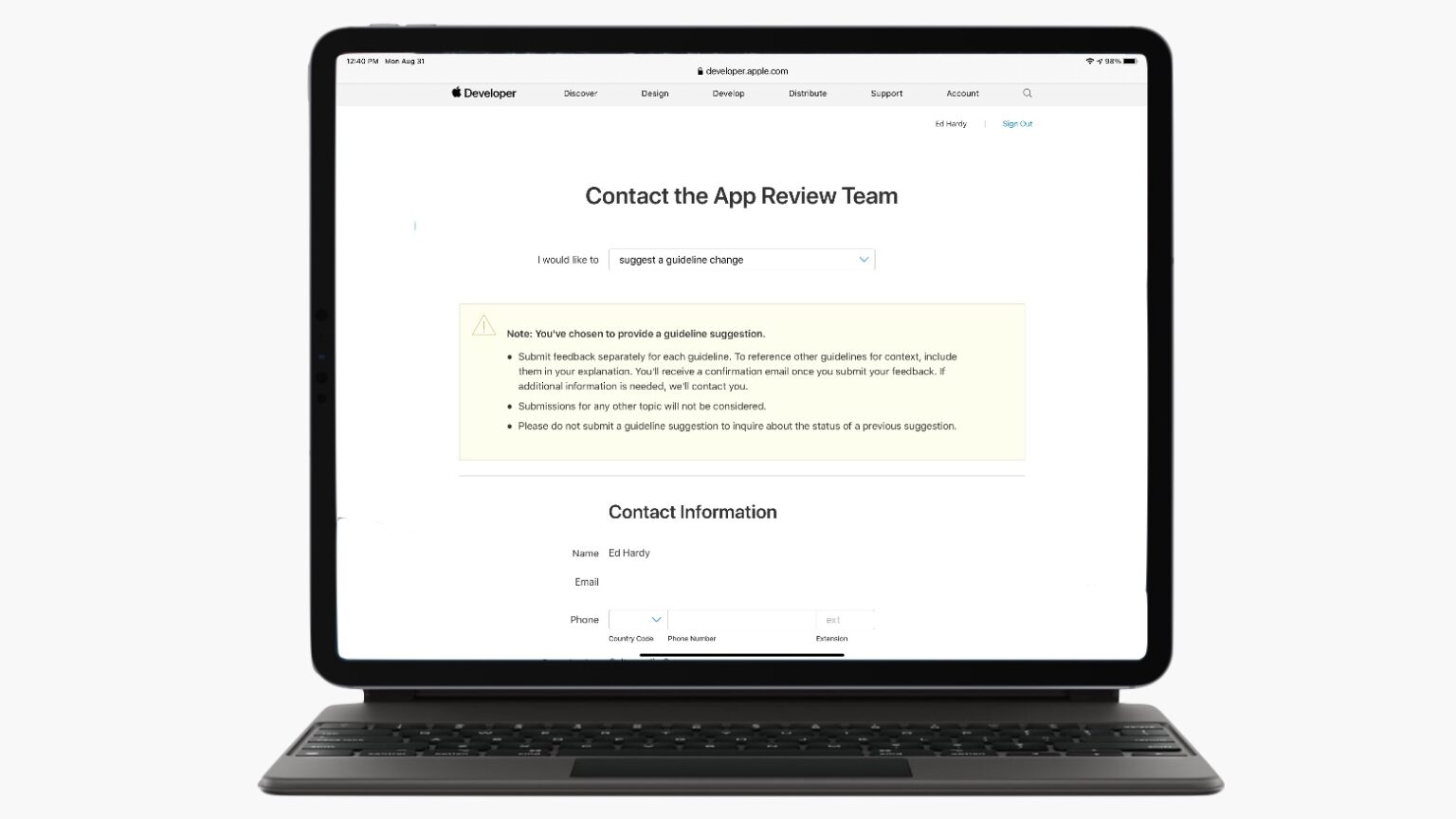Apple instituted new policies to make the App Store a bit friendlier for developers. On Monday, it stopped blocking “bug fix” updates because of minor violations of its rules.
Also, when an application is accused of violating the guidelines, developers have the option to suggest a change to the rules.
Apple announced these policy changes at its WWDC developers conference in June, and they go into effect now.
An oft-requested App Store policy change
Previously, Apple wouldn’t allow any developer to post an update for their software on the App Store if it broke the guidelines in any way. Not even if the update contained critical bug fixes.
That changed Monday. “For apps that are already on the App Store, bug fixes will no longer be delayed over guideline violations except for those related to legal issues,” Apple told developers. “You’ll instead be able to address guideline violations in your next submission.”
And Apple also made it easier to request changes to the App Store guidelines. As the company notes, “In addition to appealing decisions about whether an app violates guidelines, you can suggest changes to the guidelines.”
Running the gauntlet of App Store guidelines
Both these changes are related to developers need to make their software conform to the App Store Review Guidelines. There’s a lengthy list of these, and the goal of is “a safe experience for users,” according to Apple. Every submission is reviewed in five categories: Safety, Performance, Business, Design and Legal.
To see how the policy change Apple made on Monday plays out, consider an example. Apple last year added to the Design guidelines a requirement that any application that includes a third-party login service (such as Facebook Login, Google Sign-In, etc.) also must offer Sign in with Apple. Suppose a developer hasn’t yet added this feature to their app, but finds a serious bug in the already-released version. Previously, they wouldn’t be able to fix the bug without also adding Sign in with Apple. That’s no longer true.
Apple is facing significant complaints from some developers. And government regulators too. But today’s changes aren’t likely to quiet those detractors. Their attacks are more focused on Apple’s requirements for revenue sharing. Or the existential question about whether Apple should be allowed to limit iPhone and iPad apps only to the App Store.
Source: Apple


